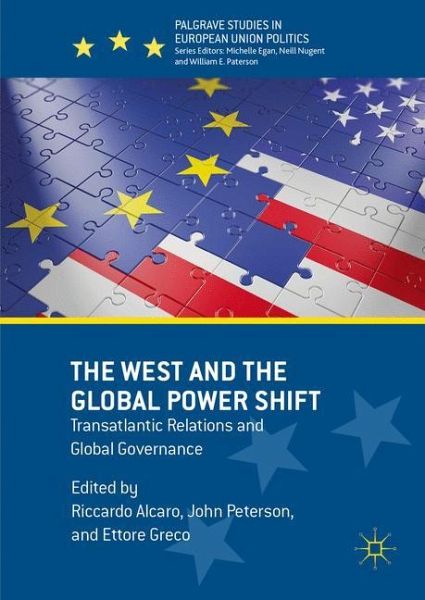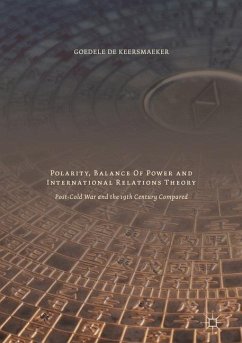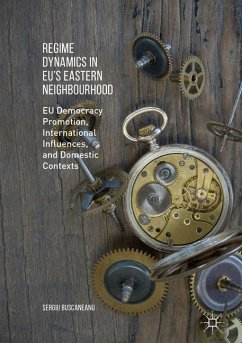
The West and the Global Power Shift
Transatlantic Relations and Global Governance
Herausgegeben: Alcaro, Riccardo; Peterson, John; Greco, Ettore

PAYBACK Punkte
42 °P sammeln!
This book assesses the state of transatlantic relations in an era of emerging powers and growing interconnectedness, and discusses the limits and potential of transatlantic leadership in creating effective governance structures. The authors first resort to theory and history to understand the transatlantic relationship. They then consider the domestic and systemic factors that might set the relationship between the United States and Europe on a different path. Finally, the authors locate the potential for transatlantic leadership in the context of the global power shift. The world of the 21st ...
This book assesses the state of transatlantic relations in an era of emerging powers and growing interconnectedness, and discusses the limits and potential of transatlantic leadership in creating effective governance structures. The authors first resort to theory and history to understand the transatlantic relationship. They then consider the domestic and systemic factors that might set the relationship between the United States and Europe on a different path. Finally, the authors locate the potential for transatlantic leadership in the context of the global power shift. The world of the 21st century displays different power configurations in different policy domains. This changing structure of power complicates the exercise of leadership. Leadership requires not only greater power and authority, but also persuasion, bargaining and moral suasion, all necessary strategies to build coalitions and manage conflicts between great powers.














